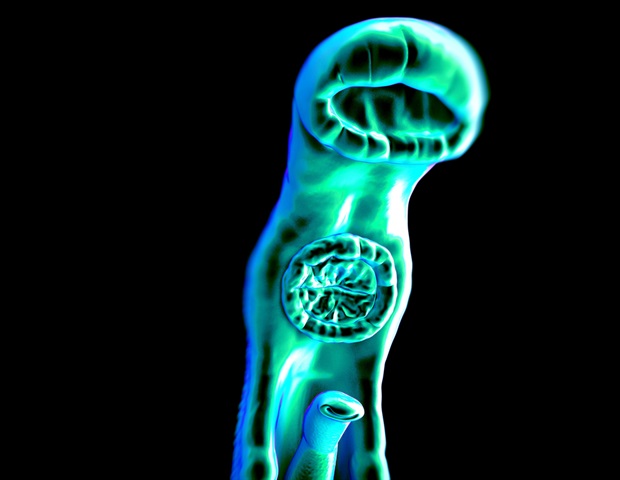Effective control of bovine schistosomiasis will be required to meet disease elimination targets in humans, new research shows. A study led by Liverpool School of Tropical Medicine (LSTM) and the Malawi Liverpool Wellcome Research Programme (MLW), published in One Health, shows that hybrid human schistosomes - the parasites that cause the disease - are regularly emerging from cattle. This threatens the World Health Organization's (WHO) targets to eliminate urogenital schistosomiasis as a public health problem by 2030 in sub-Saharan Africa.
Hybrid human schistosomes can also abruptly mutate and change their genetic make-up, increasing the risk of transmission and reinfection. The study focused on urogenital schistosomiasis in Malawi. It is the first to demonstrate the scale of the bovine schistosomiasis problem and, by applying new molecular diagnostic tests, show cattle as a primary hybrid schistosome infection source.

These are important findings. In short, we have shown that without effective future disease control in livestock, sustainable disease control in humans will be difficult. Our One Health approach to find hybrid schistosomes between Schistosoma haematobium and Schistosoma mattheei adds to our scientific understanding, not only in Malawi but also in countries nearby.
The findings will have important consequences in revising policy-level discussions and demonstrate the intricate links between disease, agriculture and food production." Dr. Alexandra Juhasz, livestoc.























